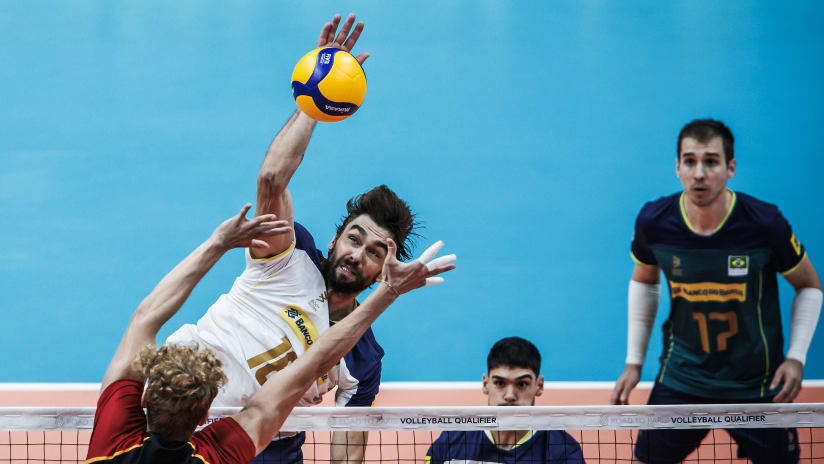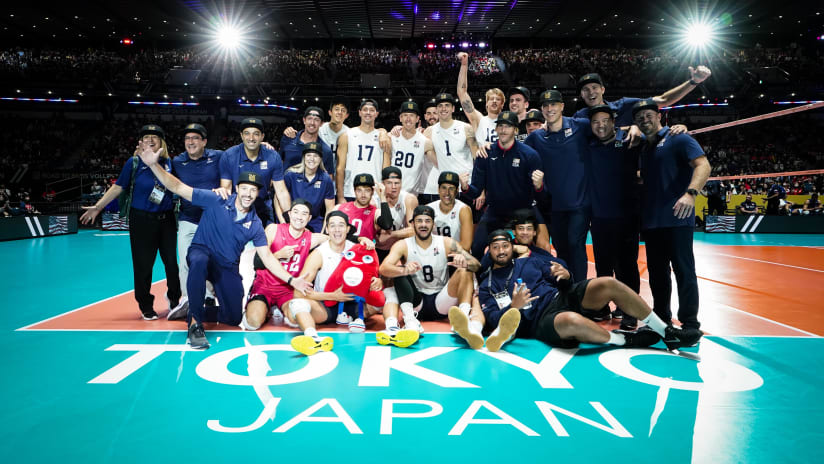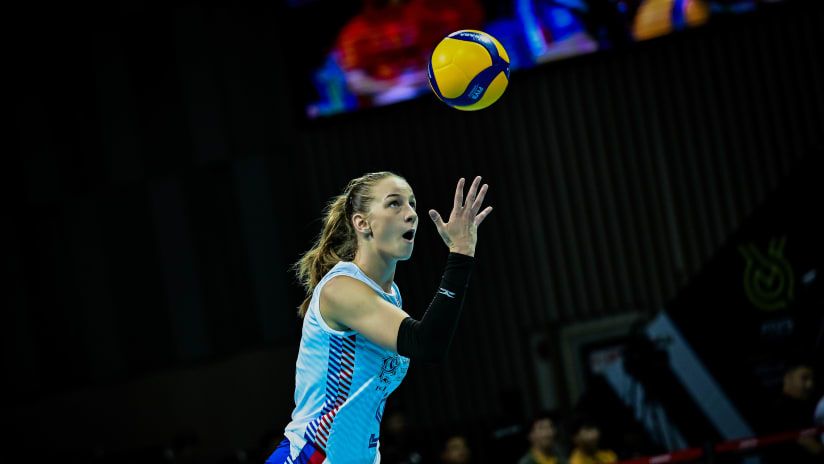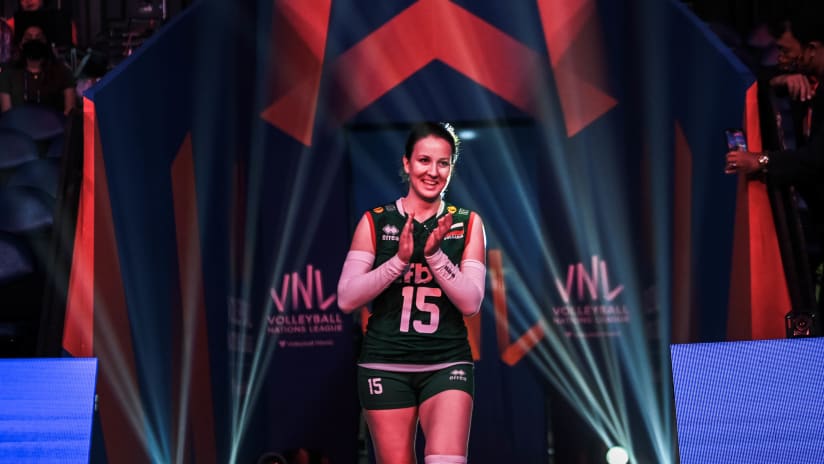In a few months, Lucas, now aged 38, will appear in the Olympics for the fourth time as one of the veterans, alongside teammate and best friend Bruno Rezende, in a Brazilian squad that will try to bounce back from what he considers one of the toughest losses of his career, in the bronze medal match of the Tokyo Olympics to continental rivals Argentina, three years ago.
The national team has always been a priority for Lucas and he assures that will be the case until the end of his career. Firm in his approach of taking one year of his career at a time at this point, he’s not sure about what the future holds for him, but admits that Paris could mark his final Olympic appearance.
The dream, of course, is winning gold and potentially walking away on top, but with a handful of national teams emerging as favorites, he expects a tough battle in the French capital, even with Brazil having legendary head coach 'Bernardinho' Rezende back after seven years.
A couple of weeks ahead of Brazil’s debut in the Volleyball Nations League 2024, we sat down with Lucas for an exclusive Volleyball World interview.
Volleyball World: You have been with the national team since 2005 and have said in some interviews that you will only step away when they don’t want you anymore. After so many years, why is the national team still so special for you?
Lucas: Several reasons make me still want to be with the national team. But the main ones are the pride of representing my country and the possibility of playing with and against the best players in the world. To be with the national team you need to be playing at a very high level and that helps when I’m with my club too.
VW: During 20 years with the national team, you got to play with two of the winningest generations of Brazilian volleyball, the one that won gold in Athens 2004 and the one that triumphed in Rio, in 2016. How was it to work with these players and what are some of the most important things you learned from them?
Lucas: I started with the national team in 2005 and Brazil had what’s still considered by many as the best generation of international volleyball ever, so I developed as a player learning from their methods and values. Watching them practice and seeing how dedicated they were made me want to be a part of the national team even more. They taught me that representing Brazil is the most important thing in our careers. The main thing I learned from them was that the hard work we put in every day is what makes us win tournaments in the future.





